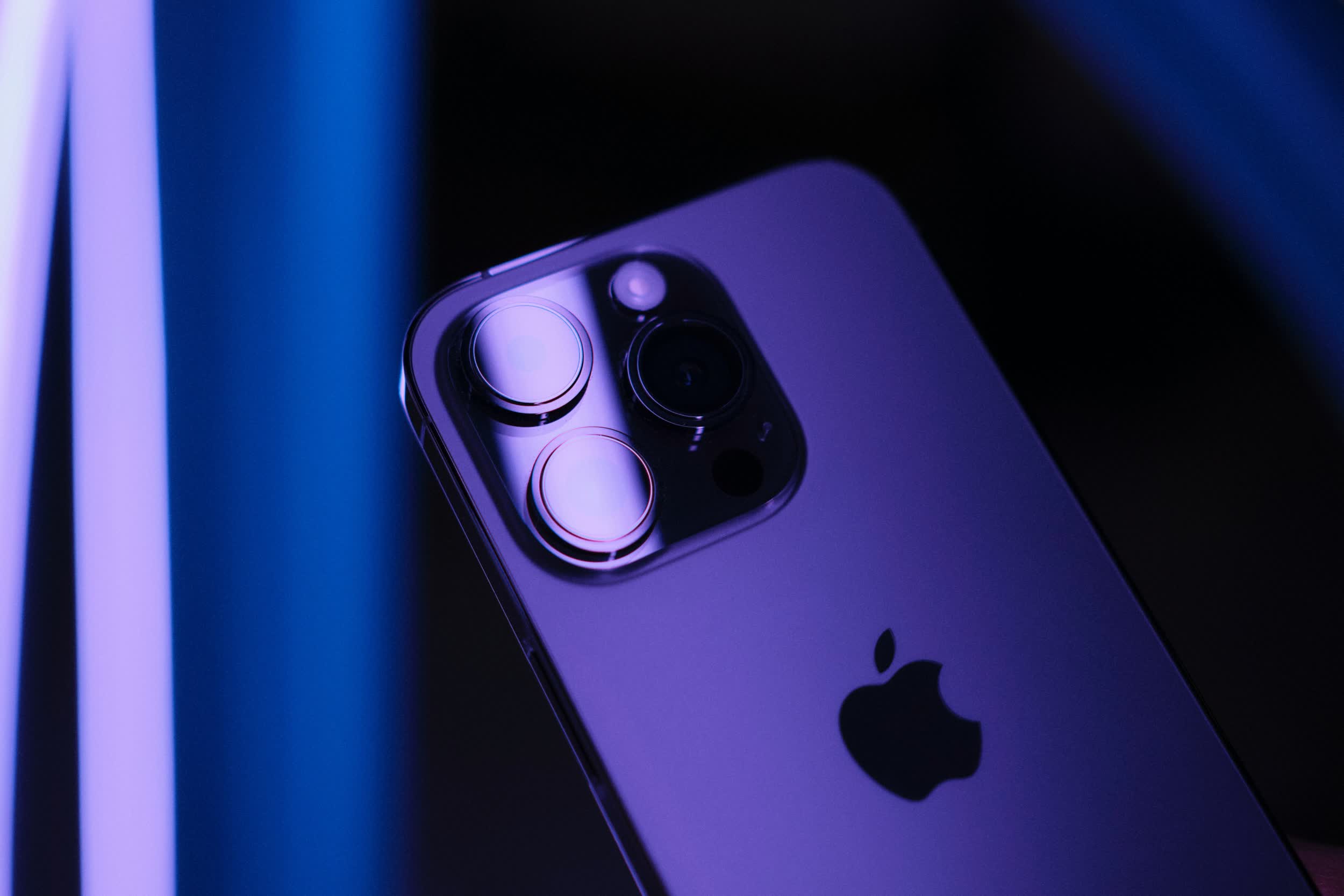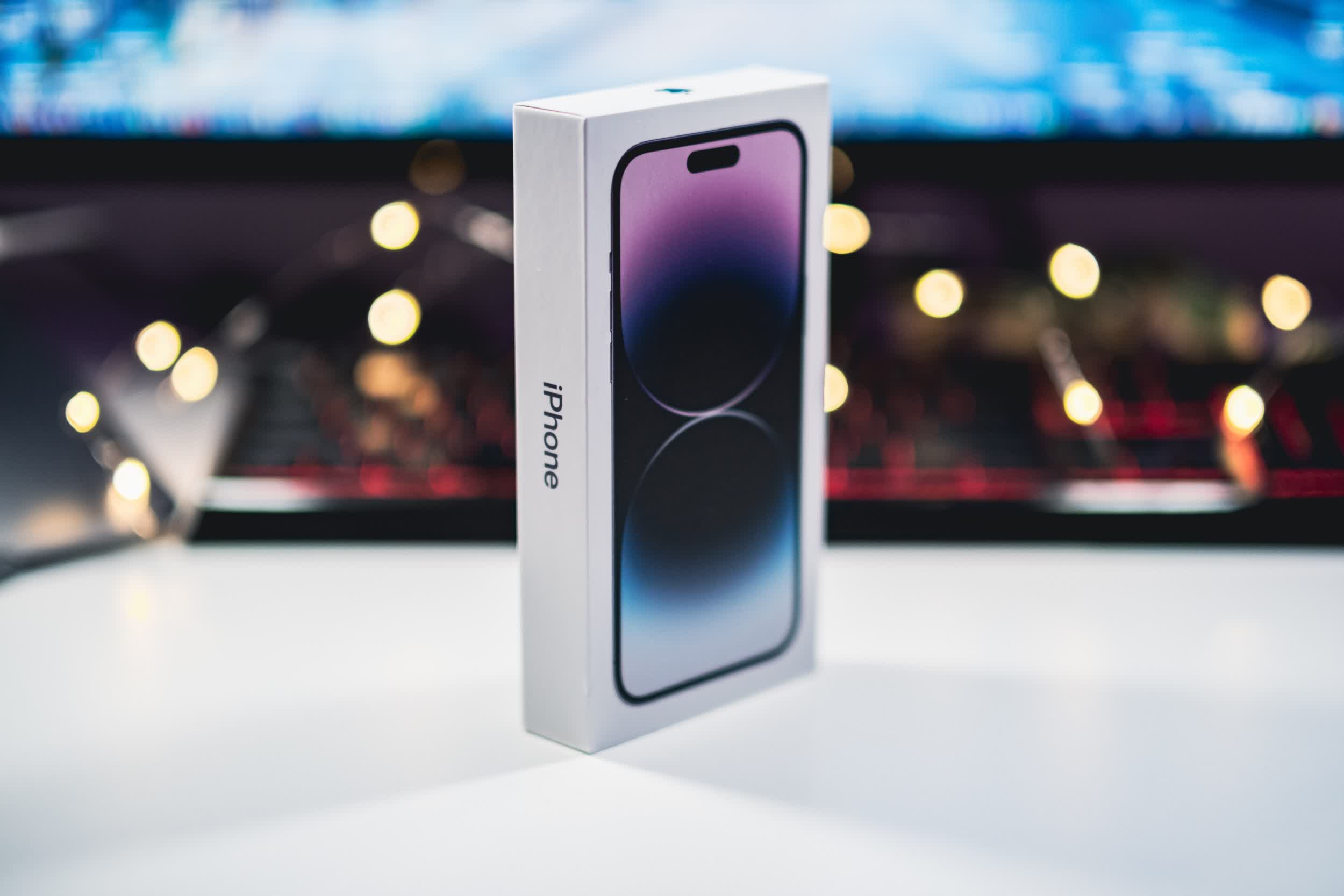In a nutshell: A new report from Consumer Intelligence Research Partners (CIRP) outlines where recent shoppers are purchasing iPhones from, and the results aren't entirely surprising. Years ago, it was commonplace to see long lines outside of Apple Stores whenever a new iPhone launched. Samsung even made a series of parodies out of it. But is that still how folks shop for Apple's newest handsets?

According to CIRP's latest survey, only 24 percent of recent iPhones purchased in the US came directly from Apple. The majority of iPhone sales – a full 67 percent – occurred through wireless carriers, which makes sense when you consider how aggressive carriers like AT&T, Verizon and T-Mobile are when it comes to marketing attractive promotions.
Best Buy accounted for five percent of new iPhone sales, with stores like Walmart and Target bundled into the "other" group making up the remaining four percent of the pie.
Wireless carrier stores far outnumber Apple Stores, especially in rural areas. I am a bit surprised that big box retailers like Target and Walmart don't account for more sales but perhaps they simply haven't done a great job of establishing themselves as an iPhone destination.
Before the iPhone and in the days of wireless service contracts and phone subsidies, most people purchased new handsets through carriers. A lot of shopping behavior we continue to see today is likely a holdover from that era – that's how people used to do it, how they're comfortable doing it and how they continue to do it today.

A quick check of all three major carriers in the US reveals each is offering their own variant of an "iPhone 14 on us" deal for the holidays. Terms and conditions will vary so you'll want to be sure to read and fully understand all of the fine print before committing to anything. Deals of this nature typically involve trading in your existing phone, and you will usually come out better if you have a newer, higher-value phone to hand over.
Image credit: Quinn Battick, Victor Serban
https://www.techspot.com/news/96958-most-us-iphones-sold-through-wireless-carriers.html